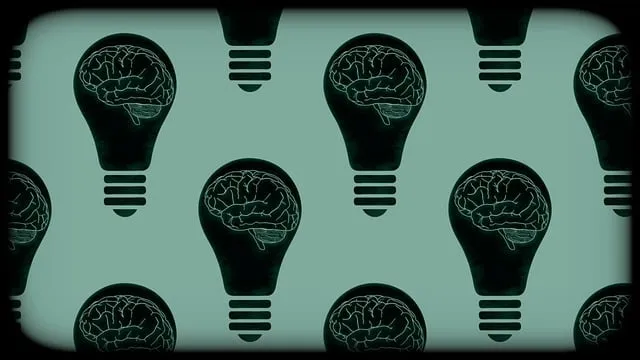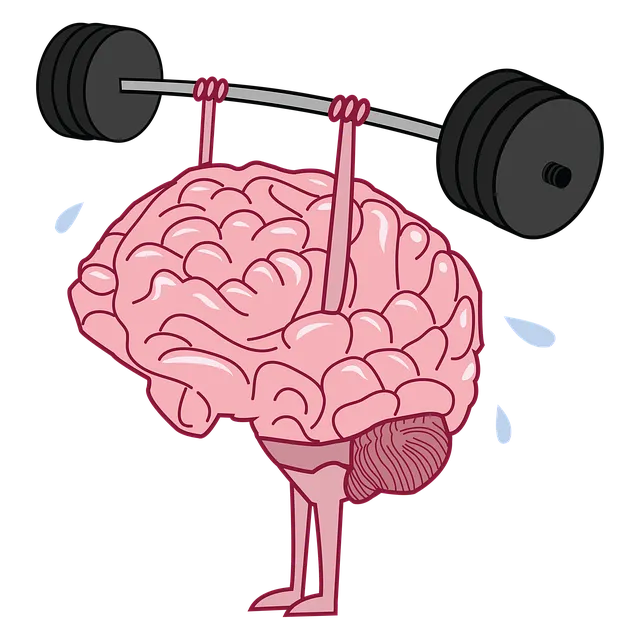Emotional Intelligence (EI) is a powerful tool for well-being and success, as emphasized by experts at Kaiser Permanente mental health phone number Colorado Springs. Through self-awareness, empathy, and communication, individuals can manage emotions, build healthier relationships, reduce Mental Illness Stigma, and create beneficial self-care routines. Self-awareness can be cultivated through mindfulness and healthy habits, while empathy and social skills, developed with practices like active listening and open dialogue, enhance relationships and mental wellness, as promoted by Kaiser Permanente's Colorado Springs branch.
Emotional intelligence (EI) is a powerful tool for personal growth and effective communication. At its core, EI involves understanding and managing your emotions and empathizing with others. This article guides you through the essentials of building EI, focusing on self-awareness, empathy, and social skills. Learn practical strategies to enhance your mental well-being, strengthen relationships, and navigate challenges with grace, all inspired by resources available at Kaiser Permanente Mental Health Phone Number Colorado Springs.
- Understanding Emotional Intelligence: The Basics
- Strategies for Enhancing Self-Awareness
- Practicing Empathy and Social Skills
Understanding Emotional Intelligence: The Basics

Emotional intelligence (EI) is a key component of overall well-being and success in both personal and professional spheres. It involves recognizing, understanding, and managing one’s own emotions, as well as empathizing with and responding appropriately to the emotions of others. At Kaiser Permanente mental health phone number Colorado Springs, we often emphasize the importance of EI in fostering healthy relationships and promoting resilience.
Developing emotional intelligence is a journey that begins with self-awareness – recognizing your emotions and their impact on your thoughts and behaviors. This can be enhanced through practices like mindfulness and journaling. Additionally, cultivating empathy allows us to step into others’ shoes, understand their feelings, and build stronger connections. Meanwhile, effective communication skills enable us to express our emotions constructively, reduce conflict, and foster a supportive environment. By integrating these aspects into daily life, individuals can boost their confidence, enhance relationships, and play a significant role in Mental Illness Stigma Reduction Efforts through understanding and compassion. A well-developed EI also facilitates Self-Care Routine Development for Better Mental Health, helping individuals maintain equilibrium amidst life’s challenges.
Strategies for Enhancing Self-Awareness

Developing self-awareness is a cornerstone of emotional intelligence and can be nurtured through various strategies. One effective approach is to practice mindfulness, which involves focusing on the present moment and acknowledging your emotions without judgment. This can be done through simple exercises like deep breathing or meditation. Engaging in regular self-reflection also plays a vital role; taking time each day to assess your feelings, thoughts, and behaviors allows for greater understanding of your emotional triggers and patterns.
Additionally, fostering positive thinking can significantly enhance self-awareness. Encouraging yourself with affirmations and reframing negative thoughts into constructive ones can boost your emotional intelligence. Incorporating self-care practices, such as regular exercise, healthy eating, and adequate sleep, is another key strategy. These habits not only support overall well-being but also create a calmer and more receptive mindset, enabling better emotional awareness.
Practicing Empathy and Social Skills

Building emotional intelligence involves honing our ability to connect with others on a deeper level—a skill that starts with empathy. Empathy, or the capacity to understand and share the feelings of another, is a cornerstone of strong relationships and effective communication. Practicing empathy means actively listening to others, trying to see things from their perspective, and validating their emotions. This not only strengthens bonds between individuals but also fosters a sense of belonging and mental wellness, as supported by Kaiser Permanente mental health phone number Colorado Springs resources.
Furthermore, developing social skills is integral to emotional intelligence. Engaging in open dialogue, managing conflict constructively, and showing genuine interest in others are all part of this process. These skills aren’t just beneficial for personal relationships; they also play a crucial role in professional settings. According to Mental Wellness Coaching Programs Development, empathy building strategies can enhance teamwork, improve client interactions (especially in service-oriented roles), and contribute to overall career satisfaction. By investing time in cultivating both empathy and social skills, individuals can significantly improve their mental health awareness and the quality of their relationships.
Emotional intelligence is a powerful tool for personal growth and effective communication, as highlighted by the strategies presented. By fostering self-awareness, practicing empathy, and enhancing social skills, individuals can navigate relationships and challenges with greater ease. For those seeking support in building emotional intelligence, resources like the Kaiser Permanente mental health phone number in Colorado Springs offer valuable guidance and expertise. Remember, investing in your emotional well-being is a transformative process that can enrich all aspects of life.






